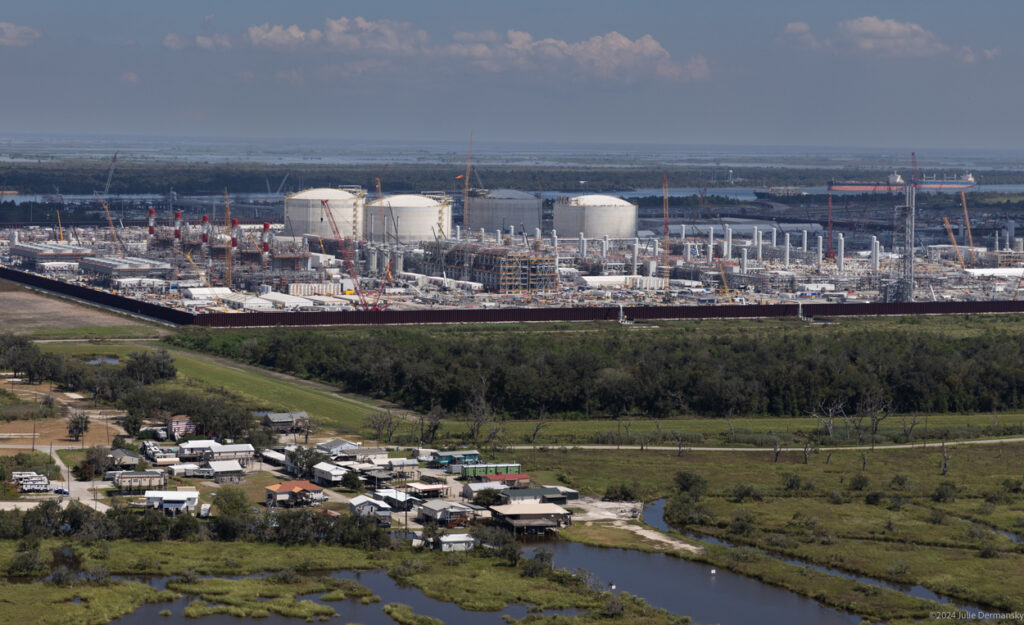This is a guest post by DeSmog UK contributor Victoria Seabrook.
The world was fired up about climate change following the historic Paris Agreement in December, but what does 2016 have in store for fossil fuel and environment discussions?
Here are some key events to keep an eye out for.
Outcomes from COP21
Not all of the agreements made during the climate change conference in Paris were legally binding; some were voluntary.
The cracks in these voluntary commitments will likely start to show later this year and will be reviewed in five years’ time.
Critics have attacked the disparity between the UK Government’s rhetoric at the summit and its behaviour back on home soil, where it has cut many subsidies for renewable energy.
And while countries have only agreed to reduce greenhouse gas emissions – not necessarily ending the use of fossil fuels – the deal does send a strong signal about the shift needed. Will we see countries turn words into actions and move away from fossil fuels and speed up the transition to clean energy?
The next COP is scheduled to take place from 7 – 18 November 2016 in Marrakech
Lancashire to Decide on Fracking
The fight between environmental campaigners, Cuadrilla and Lancashire County Council has been fierce and protracted, entailing appeals and judicial reviews.
Last June, Lancashire Council blocked applications from Cuadrilla to frack in two places – the Roseacre Wood and Preston New Road sites.
But Cuadrilla is confident it will win its appeal to drill down for shale gas.
In November Greg Clark, secretary of state for communities and local government, called in the decision, bypassing the local powers of Lancashire County Council.
A spokesman for the department said: “Ministers have decided to recover Cuadrilla’s appeals for shale exploration in Lancashire.”
“They consider these proposals are of more than local significance and raise important issues of planning development control.”
The comments suggest the decision could set a precedent for similar fracking applications in the future.
A public hearing is due to start on 9 February and last 10 days.
Rio 2016 Will Shine a Spotlight on Deforestation
The deforestation of Brazil’s rainforests has been under the spotlight ever since Rio won the chance to host the 2016 Olympic Games
Every day vast swathes of the South American country’s Amazon rainforest – nicknamed the ‘lungs of the planet’ – are lost to extensive cattle farming, soy or biofuel crops, logging, and mining.
The scrutiny is likely to increase in the build up to the Games, which will take place in August.
Campaigners hope the pressure will encourage Brazil to take action to slow the deforestation as it has catastrophic consequences for indigenous peoples, wildlife and, of course, global climate change.
EU Referendum Shaping Britain’s Climate Influence
Britain’s ability to influence climate change policy in Europe and to progress home-grown renewable energy on home soil would be significantly hampered if we left the EU, senior politicians are warning.
Membership of the EU has helped improve our energy efficiency standards, energy and climate politicians agree.
Going it alone would make us less able to reduce emissions, tackle air and marine pollution or climate change, some Europhiles argue.
Cameron has not set a date for the referendum, specifying only that it will be held by the end of 2017, but there is speculation it will be held towards the end of 2016.
Hackney Council Considering Divestment
One small step for Hackney, one giant leap for local authorities – hopefully.
The London borough will review its pensions fund investments in January, following pressure from local campaign groups who are calling on the pensions committee to divest the £42m it currently pours into the fossil fuel industry.
If it divests, this would be the first local authority in London and the sixth in the UK to support divestment, leading the way for others to follow suit.
Leaders to Meet at Climate Action 2016
Announced at COP21, Climate Action 2016 will take place in Washington, DC in May.
It will convene government, business and municipal leaders, civil society and academia to maintain momentum for multi-stakeholder climate implementation.
This high-level gathering aims to complement and promote ongoing climate action on cities, land use, resilience, energy, transport, tools for decision-makers, and finance.
And Finally… Where Will UK Energy Policy Go Next?
Over the last six months, the UK has seen almost every green policy initiative slashed in one way or another, from solar subsidies to funding for carbon capture and storage.
In November, energy and climate secretary Amber Rudd confirmed the UK is unlikely to meet its legally binding 2020 renewable energy targets.
Rudd worked hard to get a strong deal in Paris; will she bring this leadership back home and drive through the changes needed to ensure we align with the global deal and move towards a low carbon economy?
Subscribe to our newsletter
Stay up to date with DeSmog news and alerts







